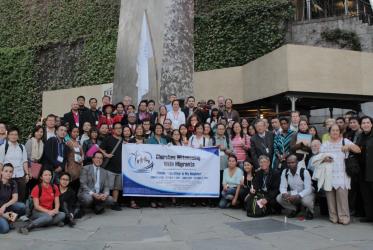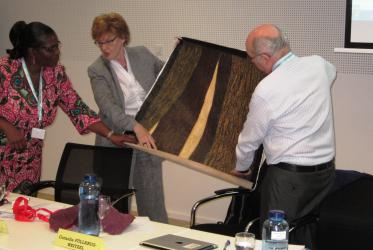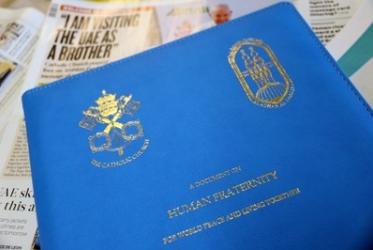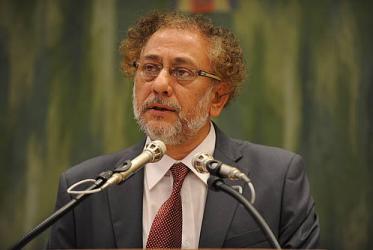Displaying 101 - 120 of 155
Ensuring “just peace” in occupied Palestinian territory
17 April 2014
Churches advocate upholding human dignity of migrants
14 October 2013
Magali Cunha joins Brazil’s National Truth Commission
28 March 2013
Churches advocate for the rights of stateless people
01 March 2013
WCC public hearing debates “misuse of blasphemy laws” in Pakistan
17 September 2012
Central Committee wants safe communities for women and men
04 September 2012
Preventing violence and HIV pandemic in Nigeria
19 April 2012












